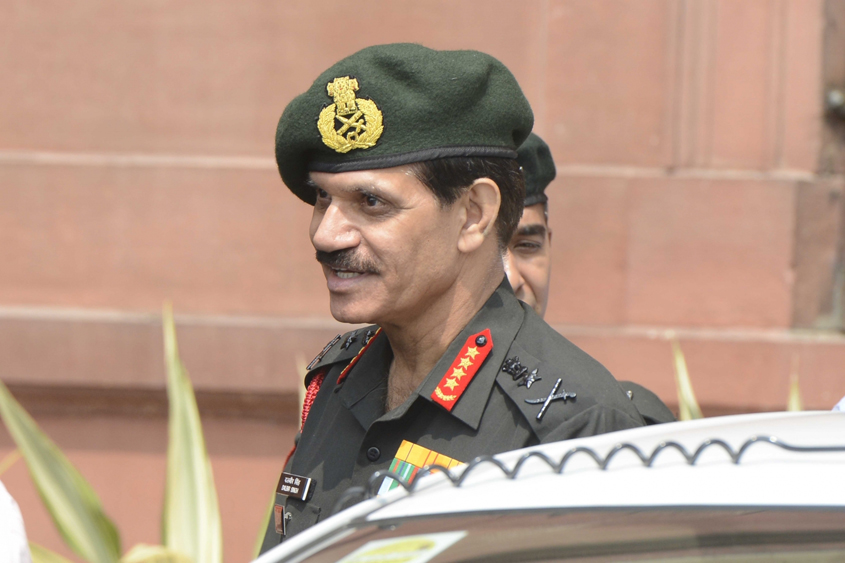The decision to go for a surgical strike to target a “significant” number of terror hideouts, or “launchpads”, as the Army called it, across the LoC, and give a befitting message through action rather than words was taken by Prime Minister Narendra Modi on 18 September, within hours of the terror attack in Uri, officials and sources who are familiar with the development have revealed.
According to these officials, the top security leadership (Defence Minister, Home Minister, NSA and the three Army chiefs) that was involved in a discussion immediately after the Uri attack, made clear that crossing the LoC and inflicting damage was needed to give a “big” message to Pakistan and the terrorist groups.
“The Army Chief was asked to give an honest assessment on whether he was prepared to do something like this and if the Army could achieve the task (crossing the LoC). His reply can be gauged from what happened on Thursday morning (29 September). The Air Force and the Navy chiefs, too, said that they were ready to deal with any aftermath of any possible retaliation from Pakistan,” an official source said. Thorough preparation for the strike, according to these officials, commenced soon after and all available resources, including inputs from various agencies and sources in other parts of the world, were used to make an executable plan that was modified at least twice.
Read Also: Army Chief visits J&K, takes stock
The leadership had made it clear that these precision strikes were not going to be made a “habit”, but would only be used in very rare events due to which the officials were asked to make it as foolproof as they could. “It was supposed to come out as a deterrent, especially for the Pakistan Army and the terror heads, who operate from Pakistan. We are seeing the result of these attacks, especially with regards to the top leadership of the terrorist organisation, which we will not share right now,” the official said.
“The strategy was to inflict a level of damage that would give a very strong message, would not lead to any collateral damage and would be over within a matter of hours. The final targets were very carefully chosen to make sure that no scope of any civilian damage or lives of our own men were put at too much risk,” the official said. The Army was asked to take its time in preparing for the exercise, but it was also conveyed to it that the strike cannot be delayed for too long. In between, Modi made it clear to his ministers (very few of them were kept in the loop about the strike) that no one should speak on any subject that will lead anyone to believe that India was considering and working on a surgical strike. Consequently, leaders from within the BJP and the RSS toned down their rhetoric after their initial outburst and shifted their focus on what “soft steps” India was taking against Pakistan.
However, a senior BJP minister had told this correspondent in the week following the attack that “something” will happen for sure. The Ministry of External Affairs, according to these officials, was put on an overdrive, to create a strong case for India by highlighting Pakistan as the terror epicentre.
“It was very important to have the international community on our side before doing this operation. We are a mature democracy and that is our USP, which we adhered to by making our anguish known in a civilised way (in the UN) rather than taking a knee-jerk action. Since the attack took place immediately before the UN Assembly debate, we got a platform that we used to highlight what we were feeling and what Pakistan was doing,” the official said.

